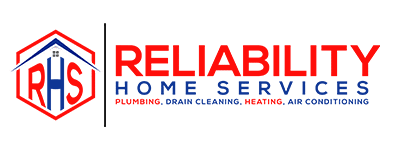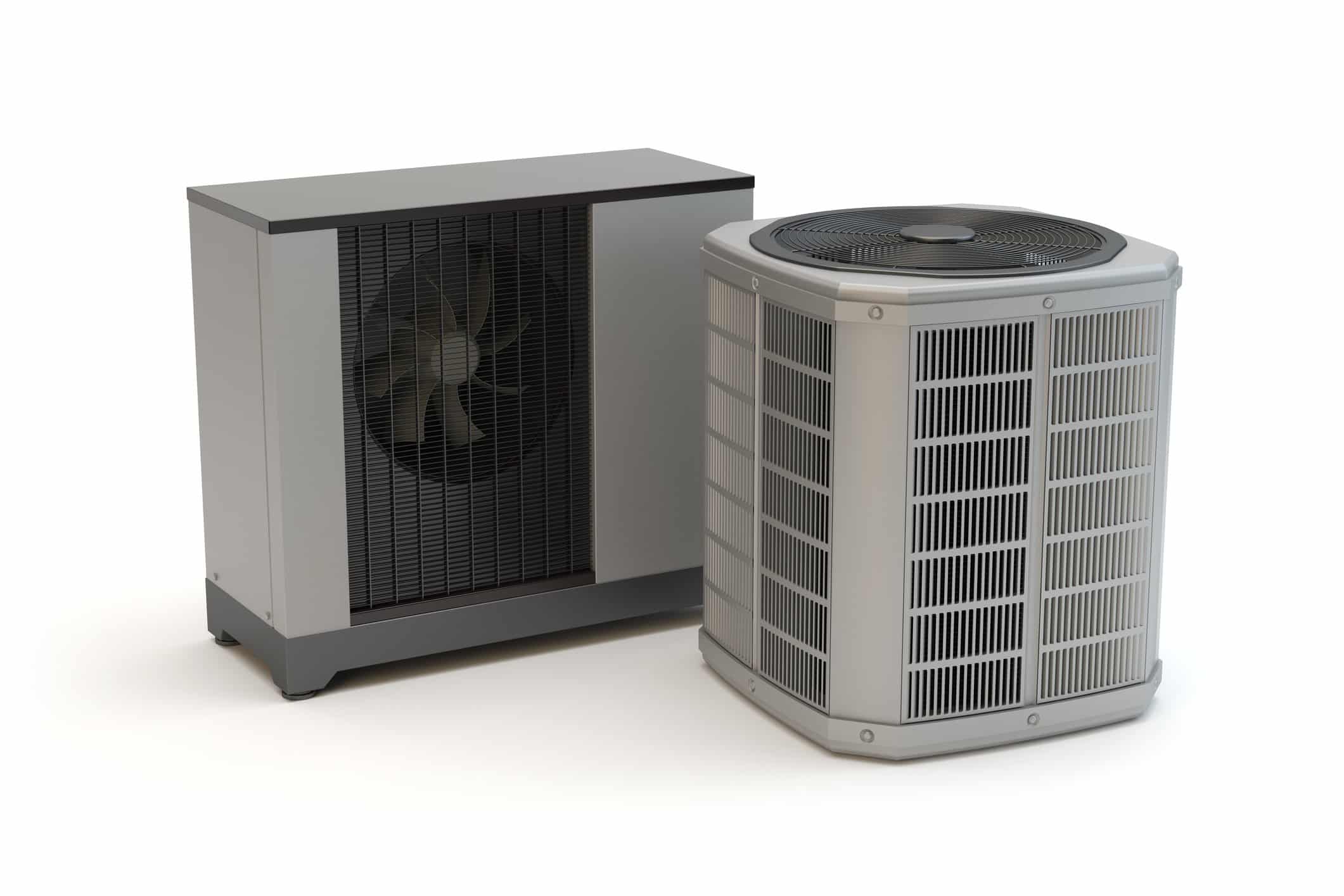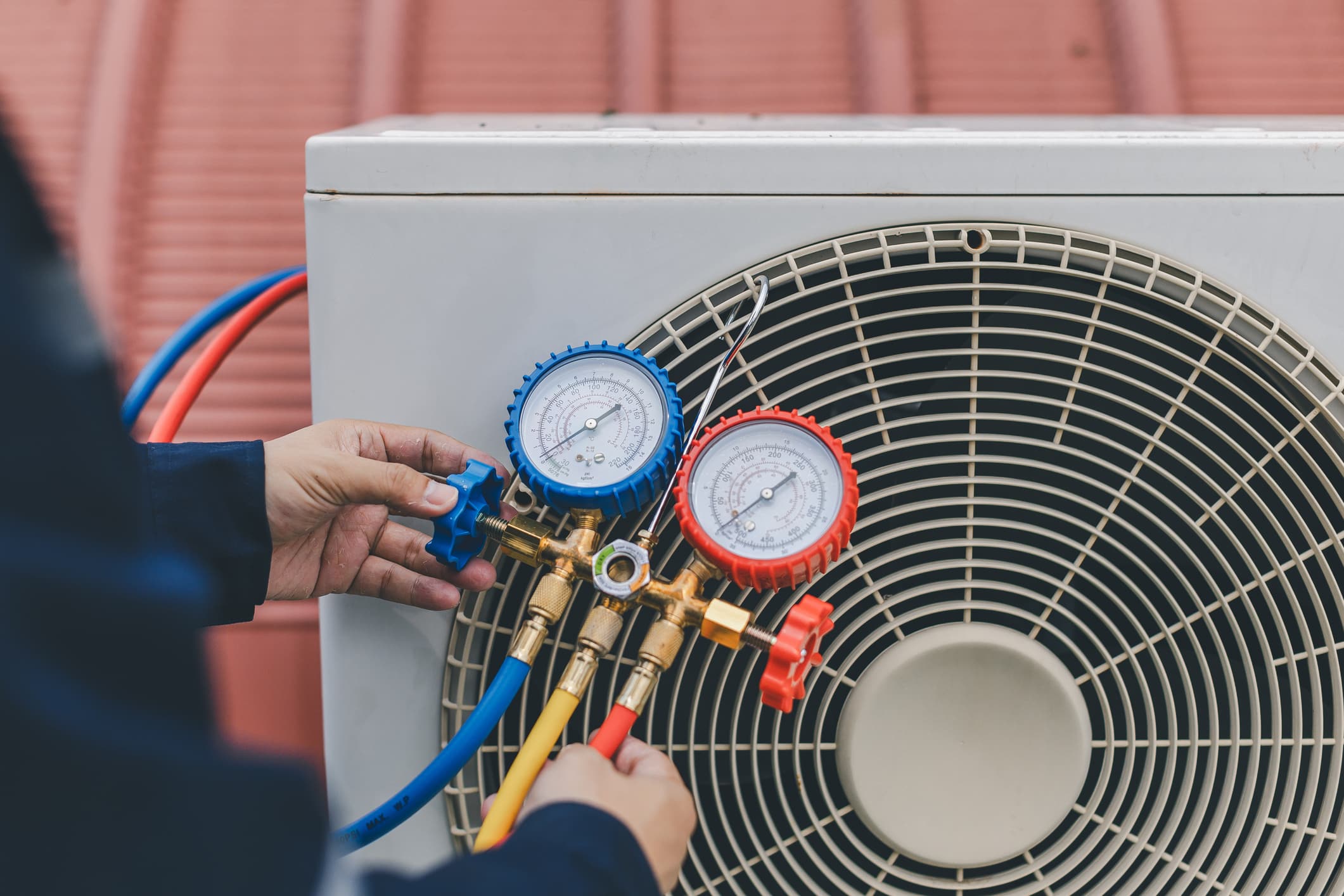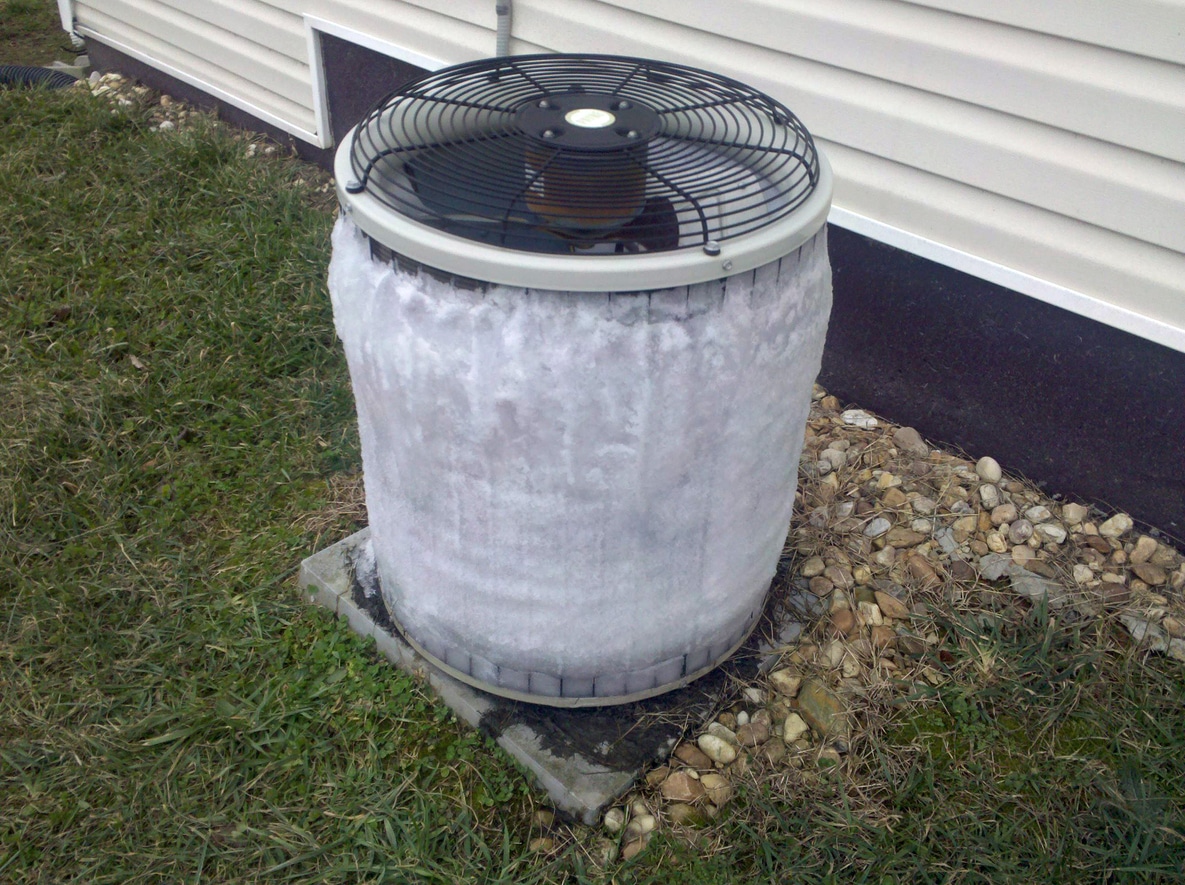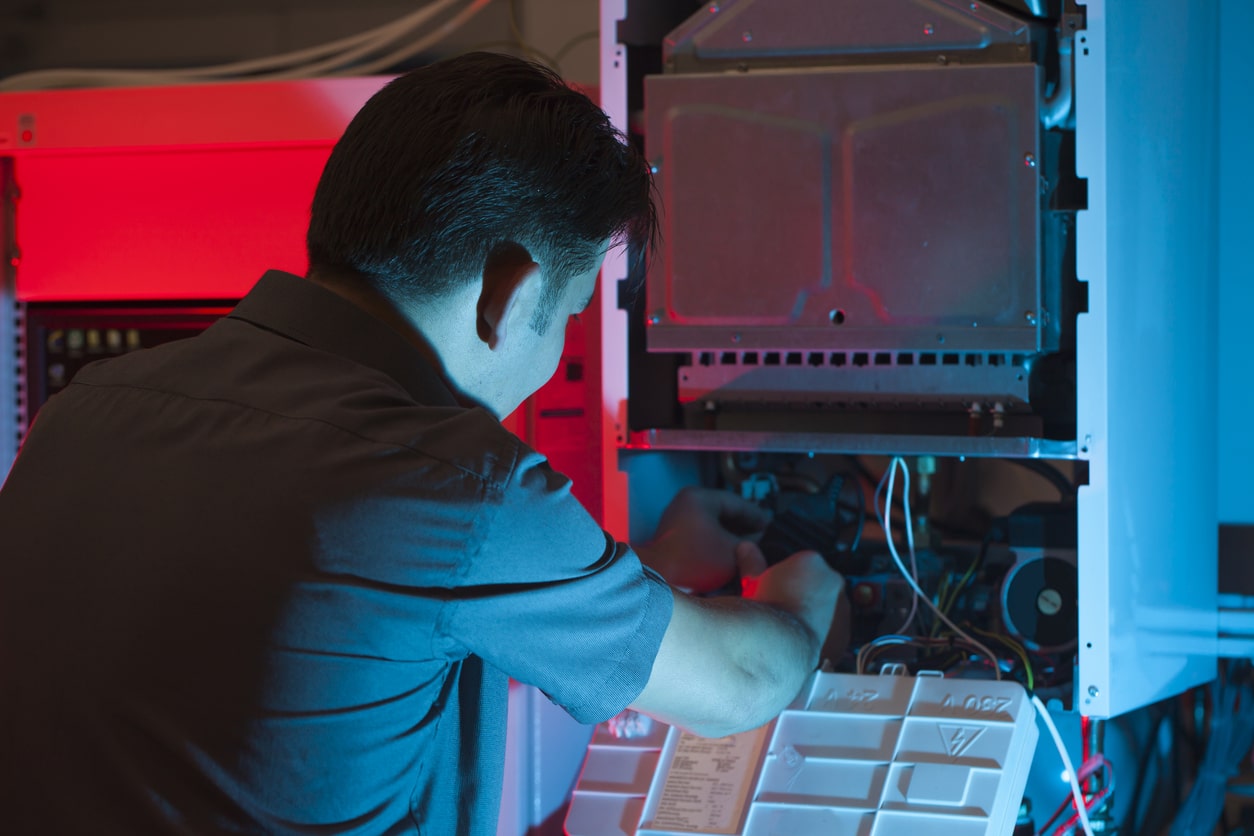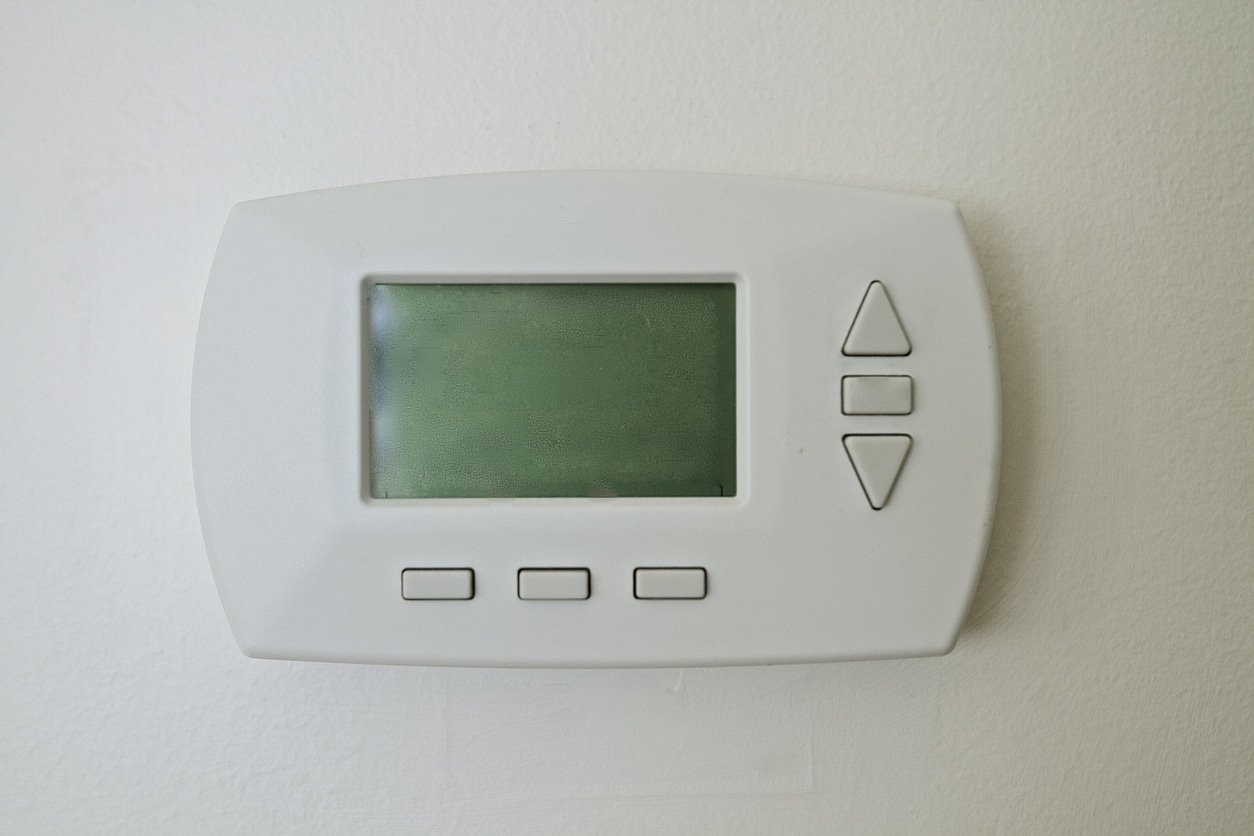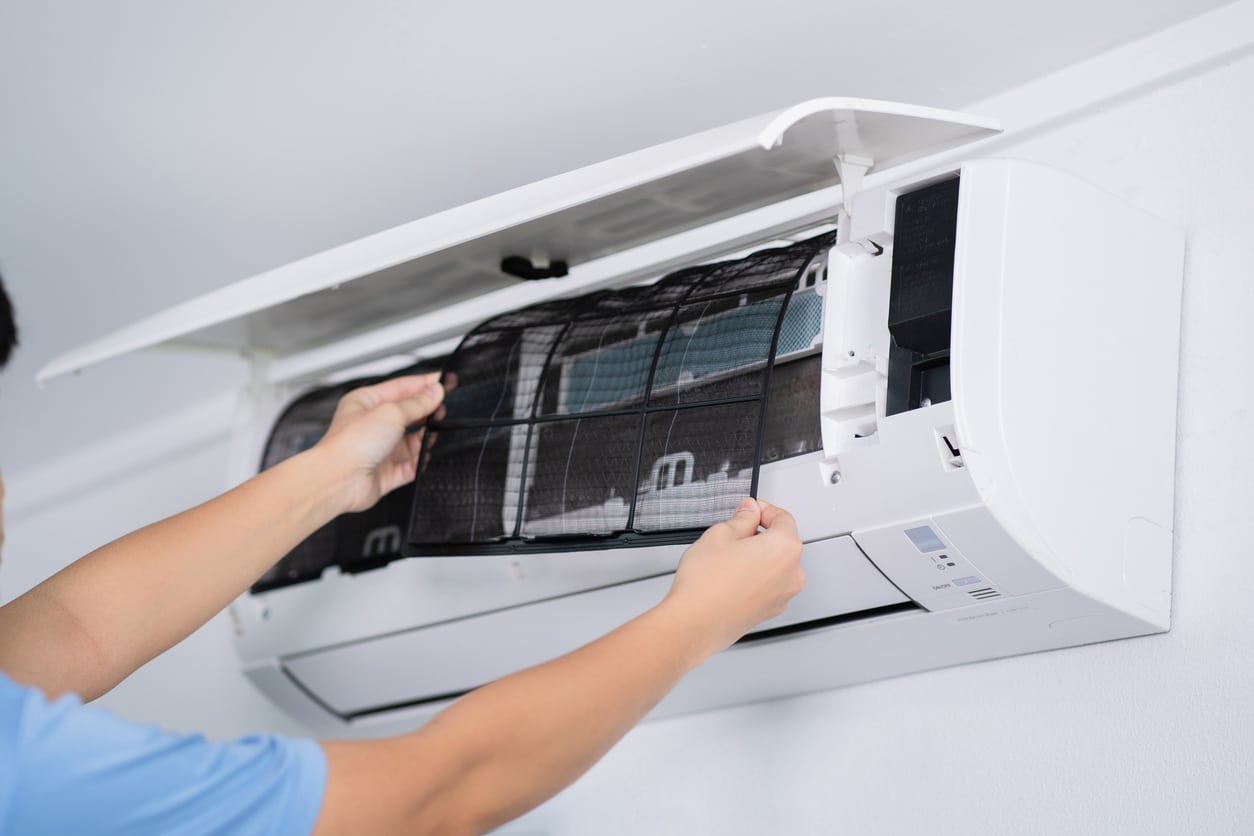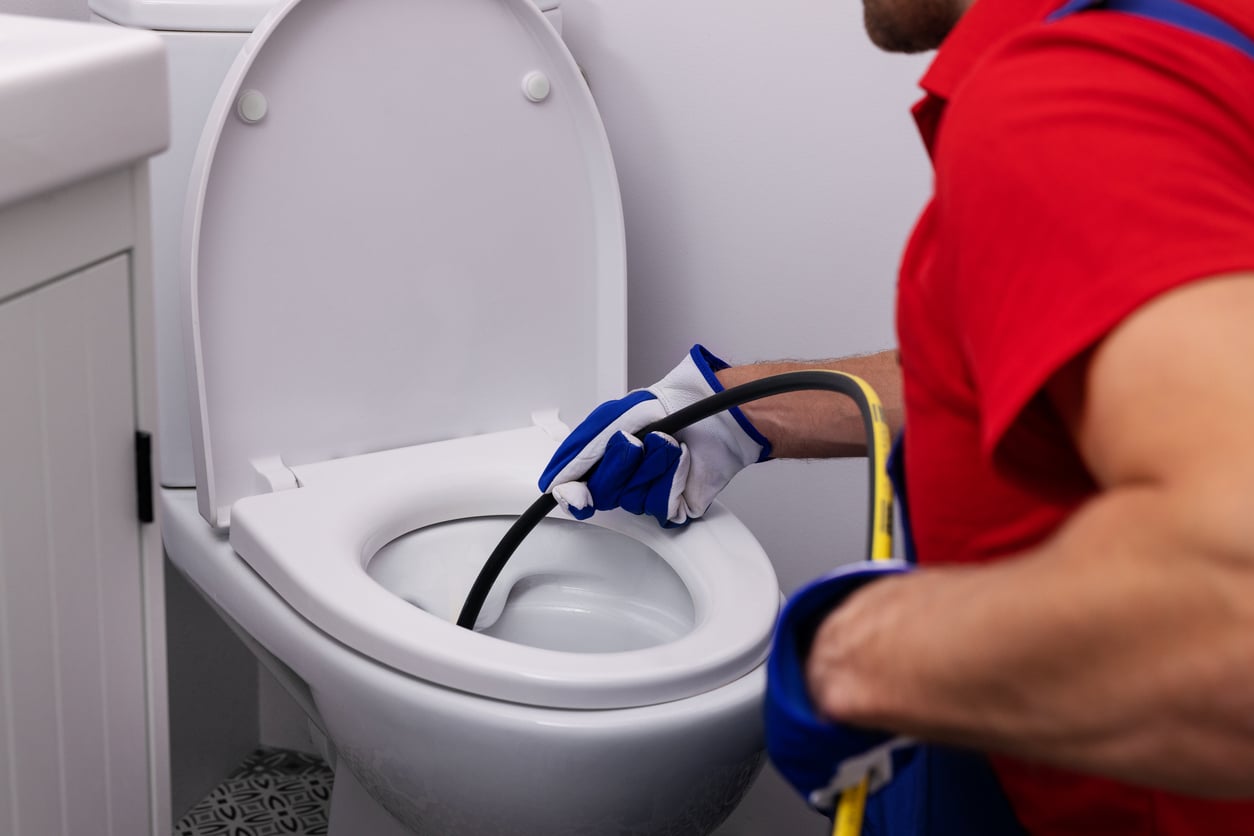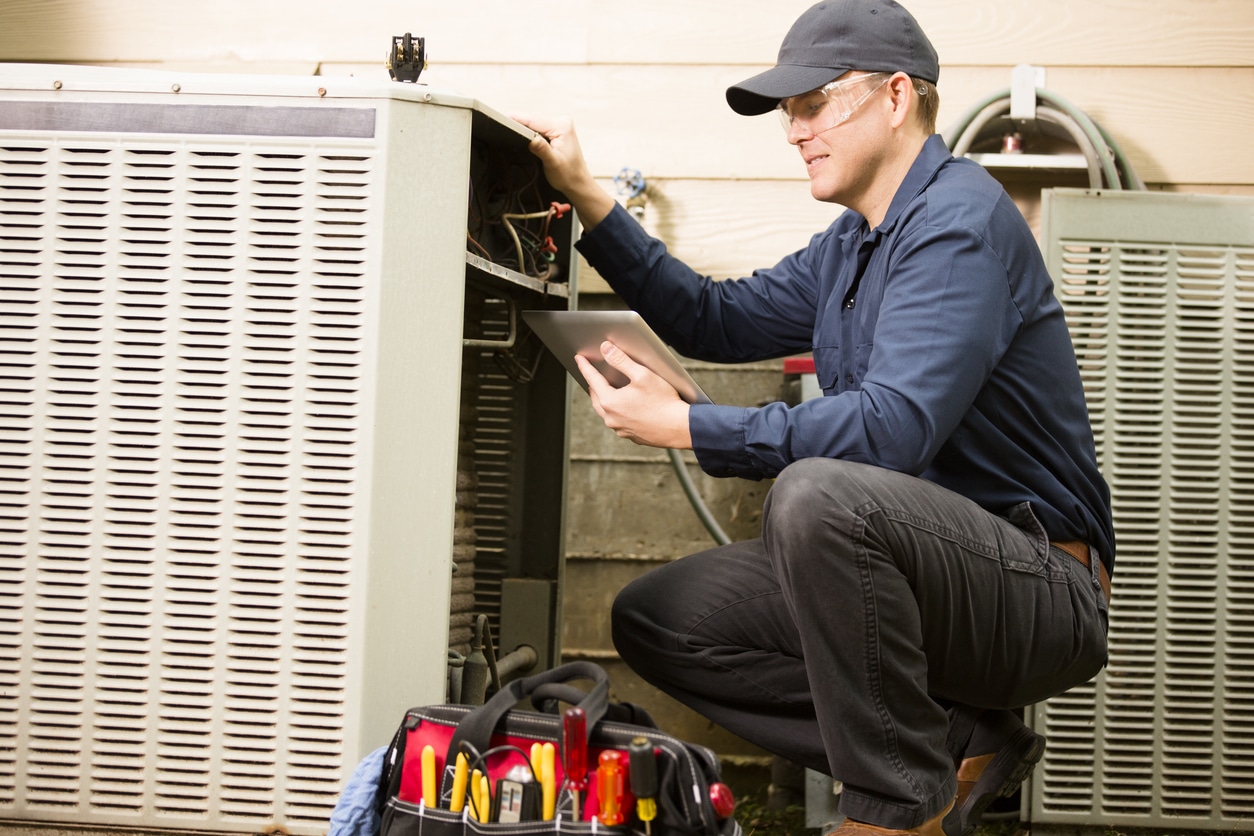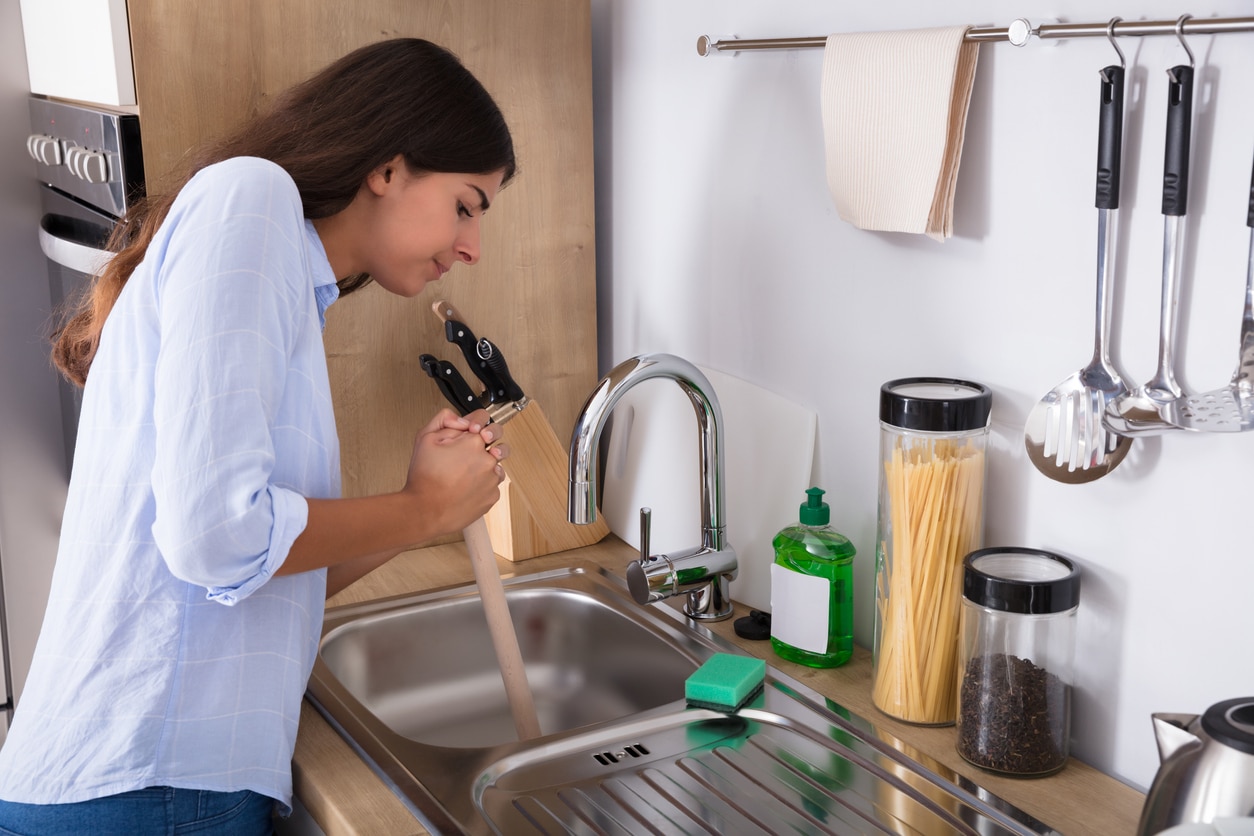Your heat pump is an essential part of your Dundalk home’s central heating and cooling system. Without it, you won’t stay warm and comfortable in the cooler months. But your heat pump won’t last forever, and it certainly won’t last if you don’t provide regular heat pump maintenance. Find out how you can keep your heat pump safe from wear and tear and other threats.
Why Heat Pump Care Matters
As already mentioned, you need to care for your heat pump if you want it to last. Over time, your heat pump will deteriorate and eventually fail you. Proper maintenance keeps the system working well and reduces the frequency of repairs. However, it’s not just about keeping your heat pump from breaking down.As an energy-efficient heating solution, a heat pump moves hot air around your home to save money on your energy bills. If a heat pump doesn’t receive the care it needs, it won’t be energy efficient. This results in high energy bills and hurts your bank account. If you don’t protect your heat pump, you could be spending up to 25% more on your energy bills. Every month, you could be throwing money away when you pay your utility bills. Don’t waste your hard-earned money. Instead, take steps to care for your heat pump. What Can You Do After HVAC Installation?
After you get an HVAC installation, you need to take measures to care for your heat pump. If you work with a reputable installation technician, they will tell you about all of the things you should do to maintain your heat pump. But this doesn’t always happen, and you could be in the dark about your system.Every system has its own specific recommendations. However, there are still a few general tips you can follow to ensure your heat pump has a long life with limited repairs. Know Your Heat Pump
It all starts with knowing your system. Every day, pay attention to your heat pump. You should know how it sounds, how long it takes to kick on, and how it feels. If you ever notice sudden changes in the system, call a professional for help. You should never ignore signs of trouble. It’s just as important to know where the parts of your system are. Do you know where your filters are or how to find the coils? Even though you should never DIY a heat pump repair, you need to know about basic functionality and maintenance. Once a month, check your filters and your system for potential problems. You don’t need to change your filters once each month, but you should check them until you get into a routine. When your filters are dirty, they obstruct the flow of air. You may need to replace your filters once every two months, three months, or four months. The frequency depends on the number of people in your home, whether or not you have pets, and other factors. Keep Leaves Away
This tip is particularly important in the fall. When leaves begin to drop, they may accumulate near your exterior unit. You should rake them away from your HVAC system, or they will block the flow of air. If you see ice building up near the exterior unit, you should carefully melt the ice. Before you begin, turn off the power to your exterior unit. Then, pour warm water over the ice and watch it melt. Never use hot water or attempt to pick ice off of the unit with a sharp object. Unfortunately, either action can cause damage to your HVAC.If you have a system with a cover or built-in ice protection, you don’t need to worry about ice or snow. Nevertheless, you should still check for debris.Consider Other External Factors
The placement of your exterior unit is essential. While the placement may have been ideal at the time of installation, things can change. It’s possible that a leaky gutter or a fast-growing bush now poses a threat to your system. Every so often, inspect your exterior unit for issues.Make sure trees and bushes stay far away from the unit, and repair any leaky gutters or faucets near the unit. If you don’t know who installed the system, check the unit for the proper requirements. It should be at least four inches off the ground and well-ventilated. Pick One Temperature
Regardless of the time of year, it can be difficult to find the perfect temperature for your home. As a result, you might adjust your thermostat settings frequently. This takes a toll on your heat pump and can also result in high energy bills. With that said, it’s fine to use a smart thermostat to change your temperature settings several times throughout the day. You just want to avoid constantly changing the temperature, particularly within a period of a few hours. For the best results, you should have two settings for your heat pump – one for when you’re home and one for when you’re away. This temperature change shouldn’t be too drastic. If you ask your system to adjust from 60 degrees to 78 degrees, it will wear down quickly. Try to keep the adjustment to approximately five degrees. Additionally, avoid setting the thermostat below 65 degrees in the winter and below 70 degrees in the summer. If you set the temperature too low, the indoor coil may freeze. Know Who to Call for Heat Pump Maintenance
The best thing you can do for your heat pump is to know who to call. When you work with a reliable company, you can receive guidance on the steps you need to take to care of your HVAC system. More importantly, you can hire them to provide ongoing maintenance. Every few months, a technician can examine your system for trouble. They take measures to make sure your Dundalk system works well and keeps you comfortable.Here at Reliability Home Services, we offer heat pump maintenance as well as installation. If you’re ready to book an appointment, call us today.